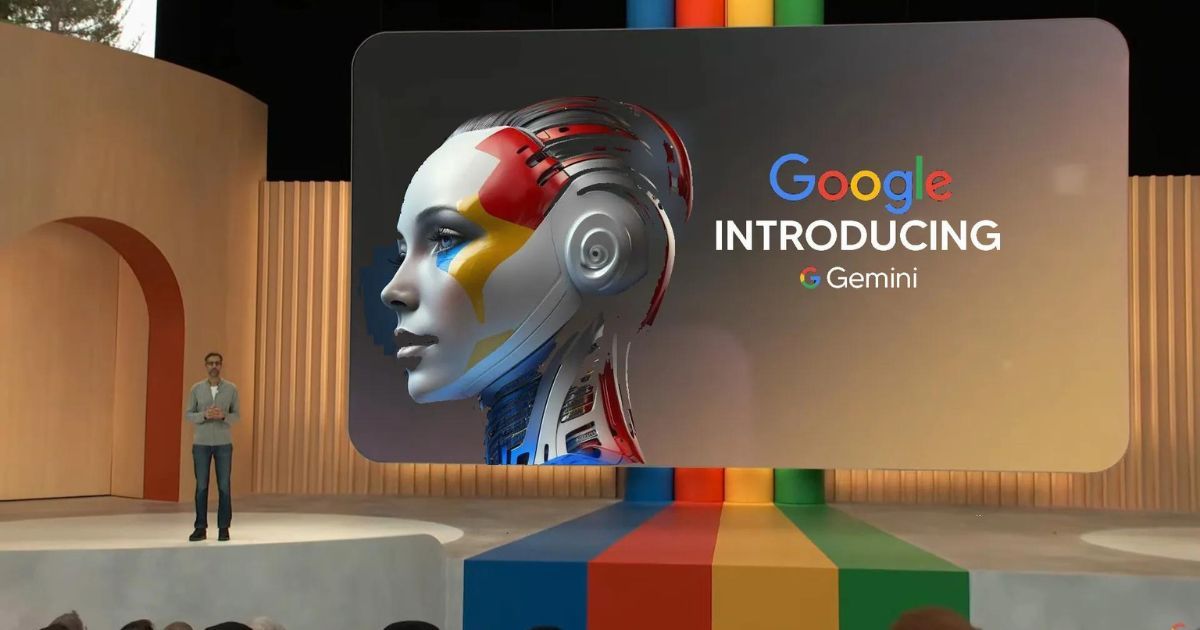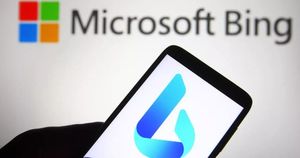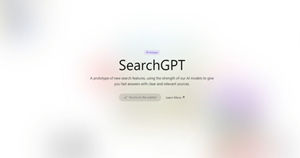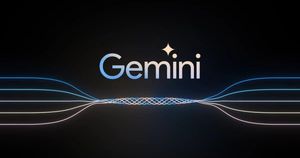
Artificial intelligence (AI) and large language model-based (LLM) chatbots are among the biggest trends for 2023. Of course, the biggest reason behind this is OpenAI and its chatbot ChatGPT. But for search giant Google, ChatGPT poses a serious existential threat. This is also why it launched its own chatbot called Bard this year. However, Bard’s launch has not been smooth, with Google facing criticism regarding the accuracy of responses from the chatbot. And it appears Google was gearing up to launch a new, improved and more powerful chatbot called Gemini this week, but that launch is now delayed to 2024.
According to a report by The Information, Google is not willing to take any risks this time when it comes to Gemini’s launch. The report adds that Gemini’s responses to certain queries were subpar, prompting Pichai to delay the launch. It appears that introduction of Gemini has been quietly rescheduled for early 2024.
The report adds Alphabet CEO Sundar Pichai opted to cancel a series of launch events initially planned in California, New York, and Washington. The reason for this decision: Gemini was not reliable when it came to “specific non-English queries,” adds the report.
Google itself had not made any public announcement about the launch. For Google, the launch of Gemini would have been a significant one, and offered the opportunity to end 2023 on a strong note. It would have also sent out a signal that the search giant can compete with OpenAI when it comes to generative AI, especially since the latter is now seen as a leader in this particular field.
Google’s Gemini: A More Powerful Chatbot than ChatGPT?
Gemini is supposed to be a multi-modal generative AI chatbot, which would not only understand and process different types of data, but also generate responses in the desired format. Google previously talked about Gemini at its annual I/O developer conference in May this year.
Gemini is being pitched as more powerful than rival ChatGPT, which right now poses one of the biggest threat to the search engine. ChatGPT’s success is also the reason why Google has introduced generative AI results in its main search engine page.
Google DeepMind CEO Demis Hassabis told Wired in June this year that Gemini would offer more than just generative AI. “At a high level, you can think of Gemini as combining some of the strengths of AlphaGo-type systems with the remarkable language capabilities of the large models,” Hassabis was quoted as saying. What this essentially means is that the model would also have techniques such as planning and ability to solve problems, something ChatGPT is not able to do at the moment. Though OpenAI is trying to solve that problem with its own Q* model, as reported last week.
For those not aware, DeepMind helped developed Alpha-Go, an AI that helped defeat the best human players at the game of Go– a much tougher task to accomplish than say beating humans at chess. That’s because Go requires planning, and has an exceptionally large number of moves, which also makes it computationally more demanding. Google acquired DeepMind back in 2014.
Hassabis also told Wired, “When Gemini is complete, it could play a significant role in Google’s response to the competitive threat posed by ChatGPT and other generative AI technology.”
But it looks like Google is continuing with its cautious approach around generative AI and not taking any chances when it comes to launch of Gemini and the wait will continue for users.



















